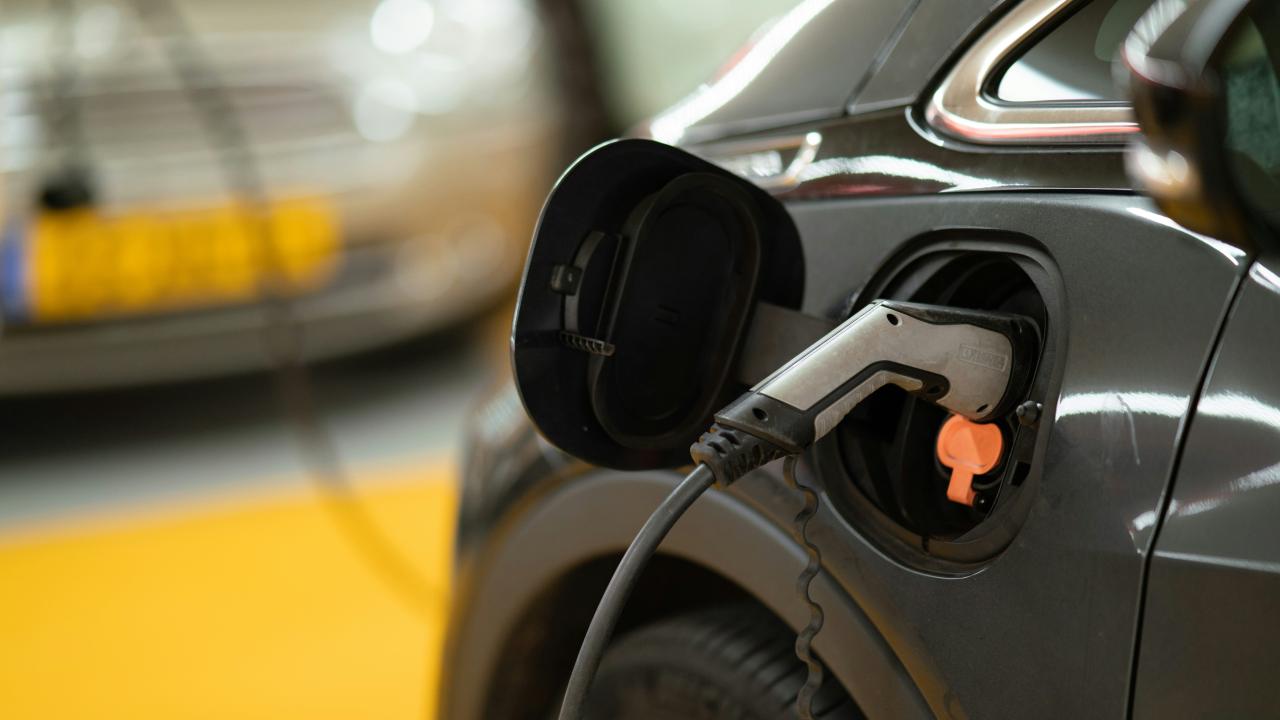
After rejecting the law approved by the Legislature, the president proposes creating a day without VAT that also includes national food and clothing, as well as national and imported solar panels.
As planned, the president of Colombia, Gustavo Petro, did not approve the day without VAT law (which seeks to institutionalize these dates in the South American country), which was sanctioned by Congress and promoted by the senator of the Democratic Center, Miguel Uribe.
The Colombian president argued that, according to the Constitution, tax laws cannot exist without the endorsement of the national government. Furthermore, taking into account the fiscal outlook (the fiscal deficit will increase from 4.2% of GDP registered in 2023 to 5.3% this year), the country would not be prepared to support a reduction in collection, such as that which would imply a day without VAT.
However, Gustavo Petro launched a counterproposal to the Legislature: " Agree on the first day without VAT for all national food goods, the second for all food goods and national textile and leather clothing, and the third day for all goods in the basket." national family basic and national and imported solar panels and national and imported electric vehicles," he said in his X account.
According to President Petro, a day without VAT that does not exclude imported goods “is a scam on work and national production.”
Regarding Petro's counterproposal, the president of the National Sustainable Mobility Association (Andemos), Oliveiro García, was in favor of it and proposed that it be permanent. “Hopefully the day without VAT for electric cars can be permanent and not just one day. Developing a domestic market for electric vehicles will allow attracting foreign investment throughout the entire electromobility ecosystem chain,” he said.
It should be noted that electric vehicles already enjoy a series of incentives in Colombia. Proof of this is that in the tax statute there is a distinction in VAT, so it is not applied at 19% but at 5%. Added to this is that a 0% tariff rate has been established for its import.
For Colombia, it is strategic that electric vehicles increase their market share, as they are part of the vital strategies towards the energy transition.
According to Andemos figures, as of February of this year, 5,029 non-plug-in hybrid vehicles, 613 electric vehicles and 258 plug-in hybrid vehicles have been sold, for a total of 5,900 units, as well as an increase of 53.4%.
Although it is a segment that is growing at double digits, its share of participation in the total registrations of new license plates for the aforementioned period of time is only 21%, and if only electric vehicles are counted, it is 2.2%. .
This is mainly due to its value, since an entry-level electric vehicle can cost around $100 million (about US$25,000), although some compact ones can be obtained between $65 million (US$16,000) and $85 million (US$21,000).
Batteries continue to be a challenge for these vehicles, since although they have been consolidating greater kilometers of autonomy, their production cost is high. Companies like Renault Sofasa plan, in the future, to establish the development and manufacturing of electric vehicles in Colombia, with the intention of being able to achieve more affordable prices, however, the difference would not be so considerable if one takes into account that today the tariff for importing them is 0%.
Beyond this, a 0% VAT for this type of vehicle can be an important, although not substantial, attraction. The goal is for the country to continue migrating towards more environmentally friendly mobility .









